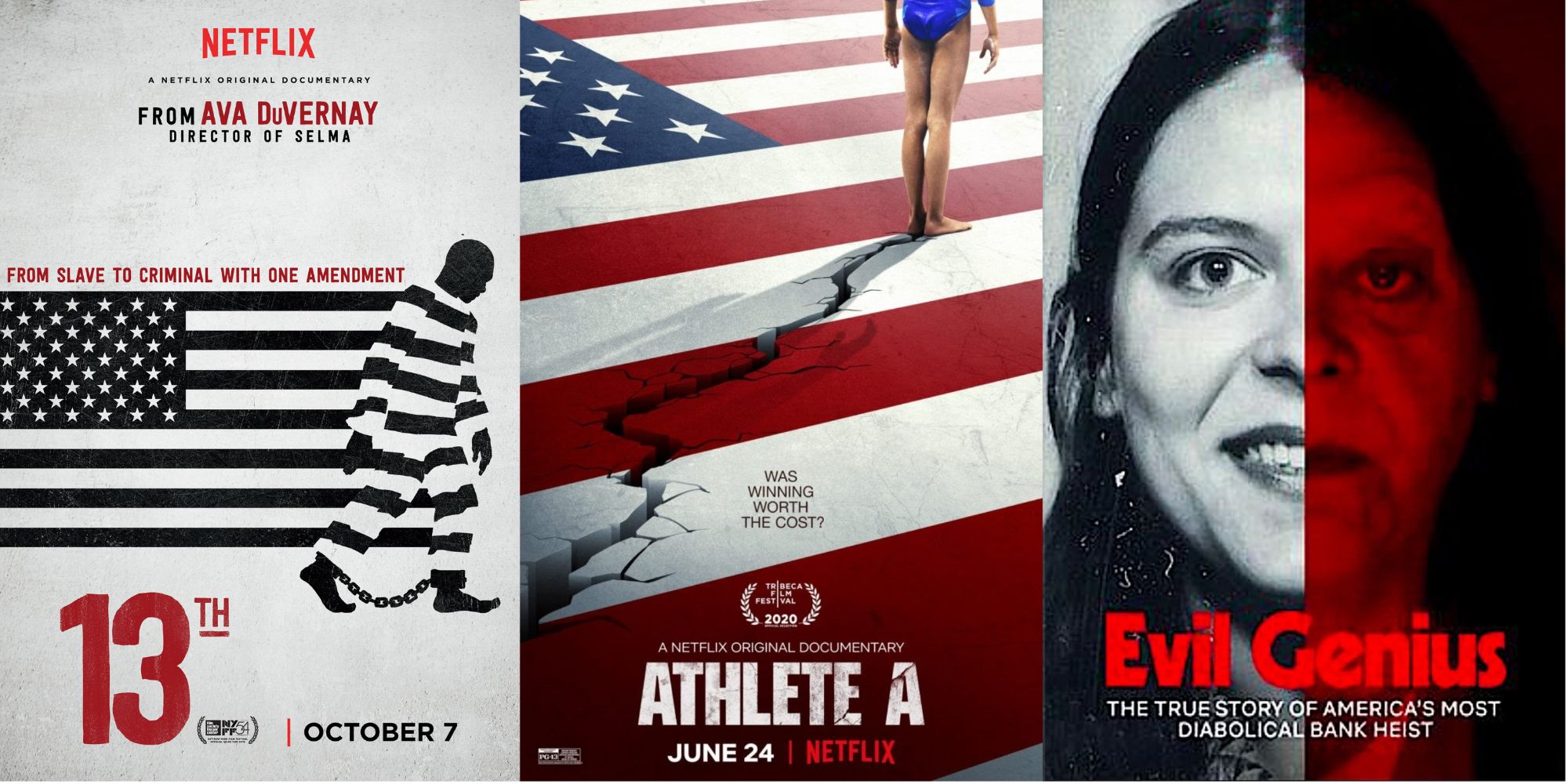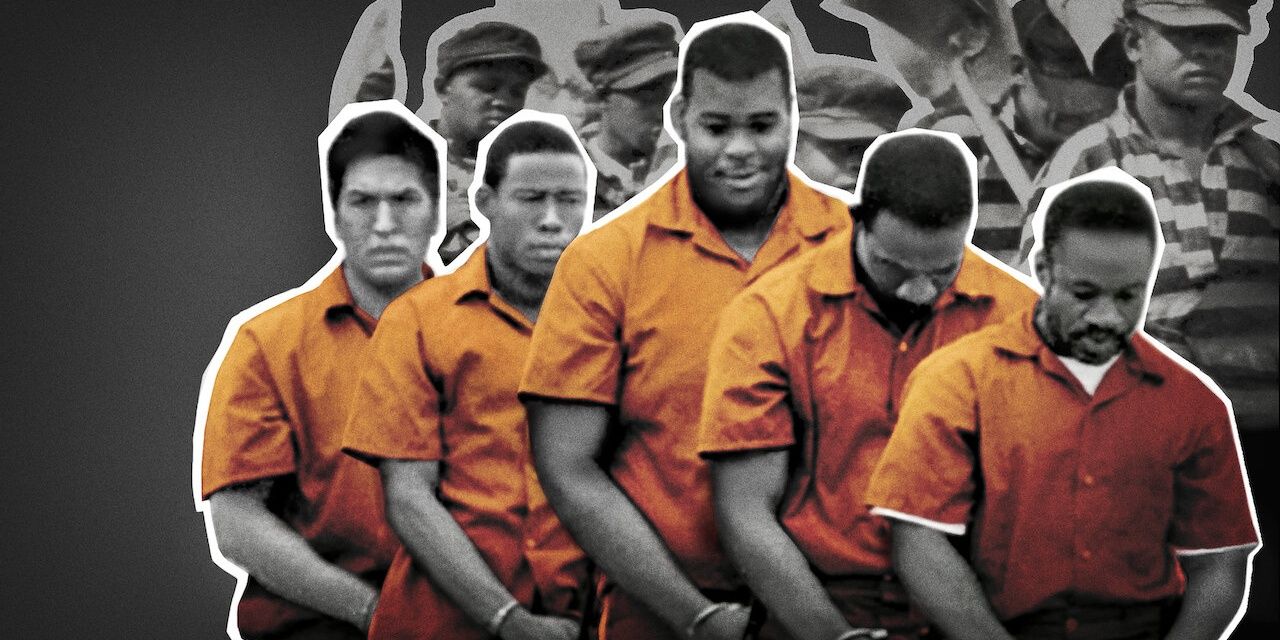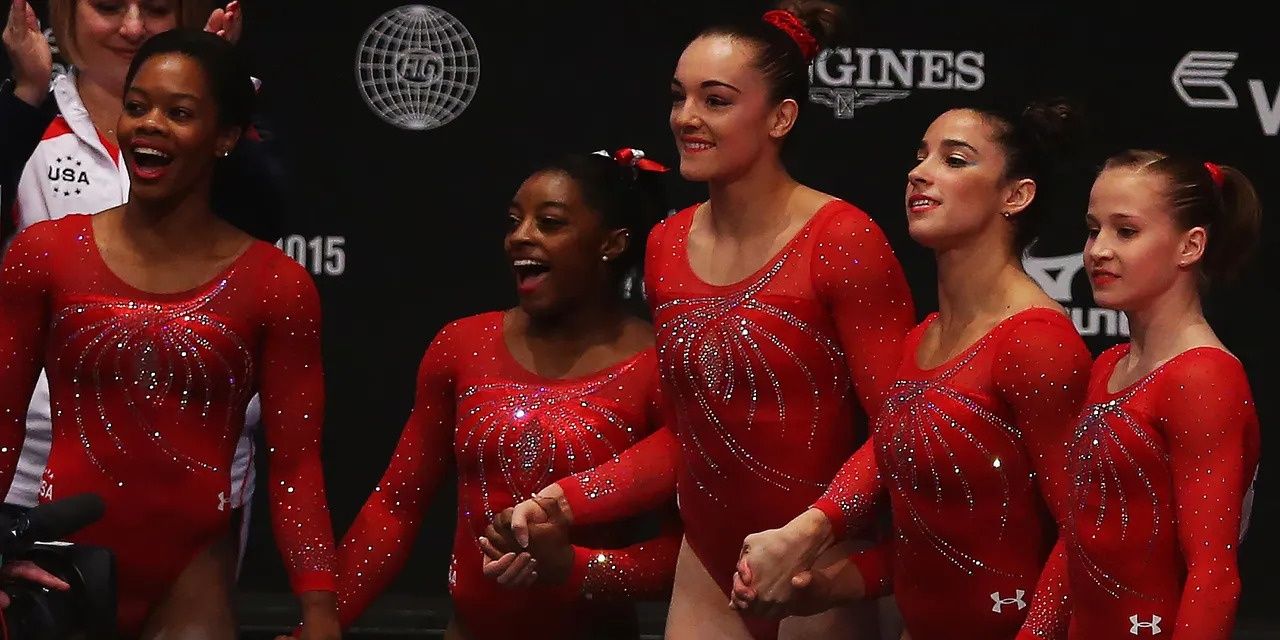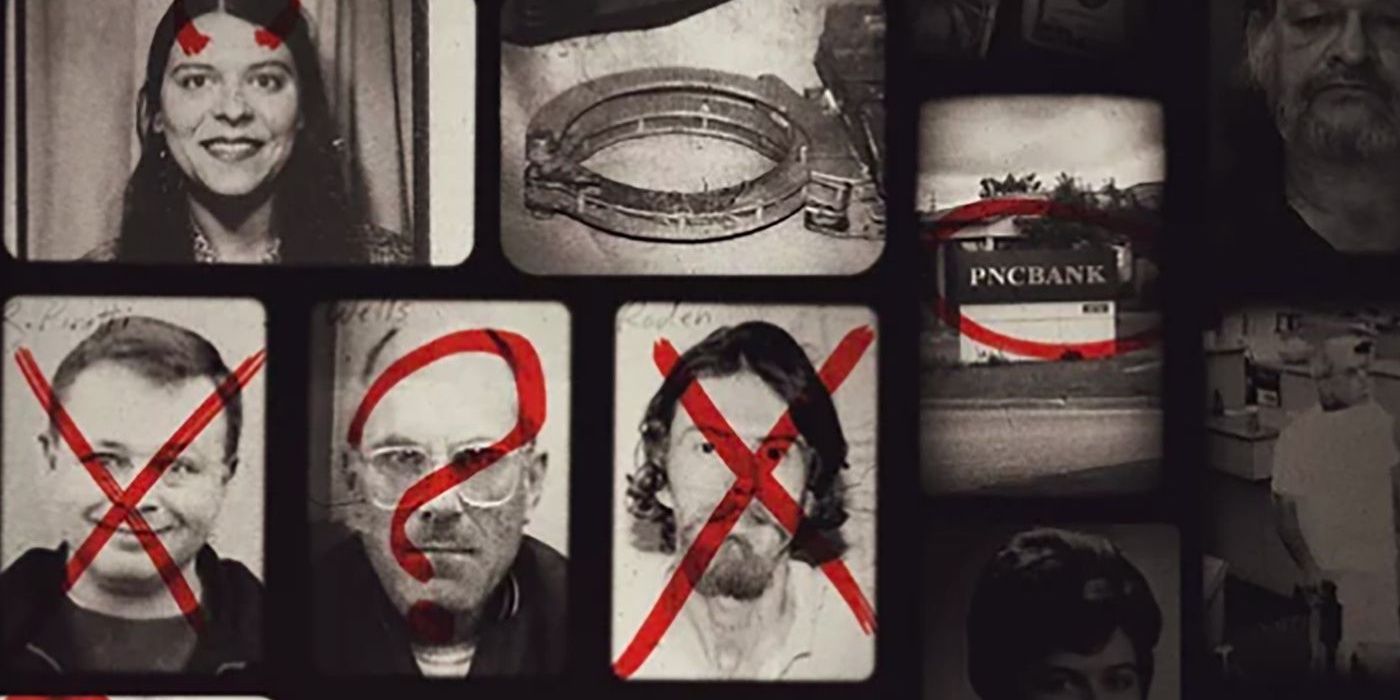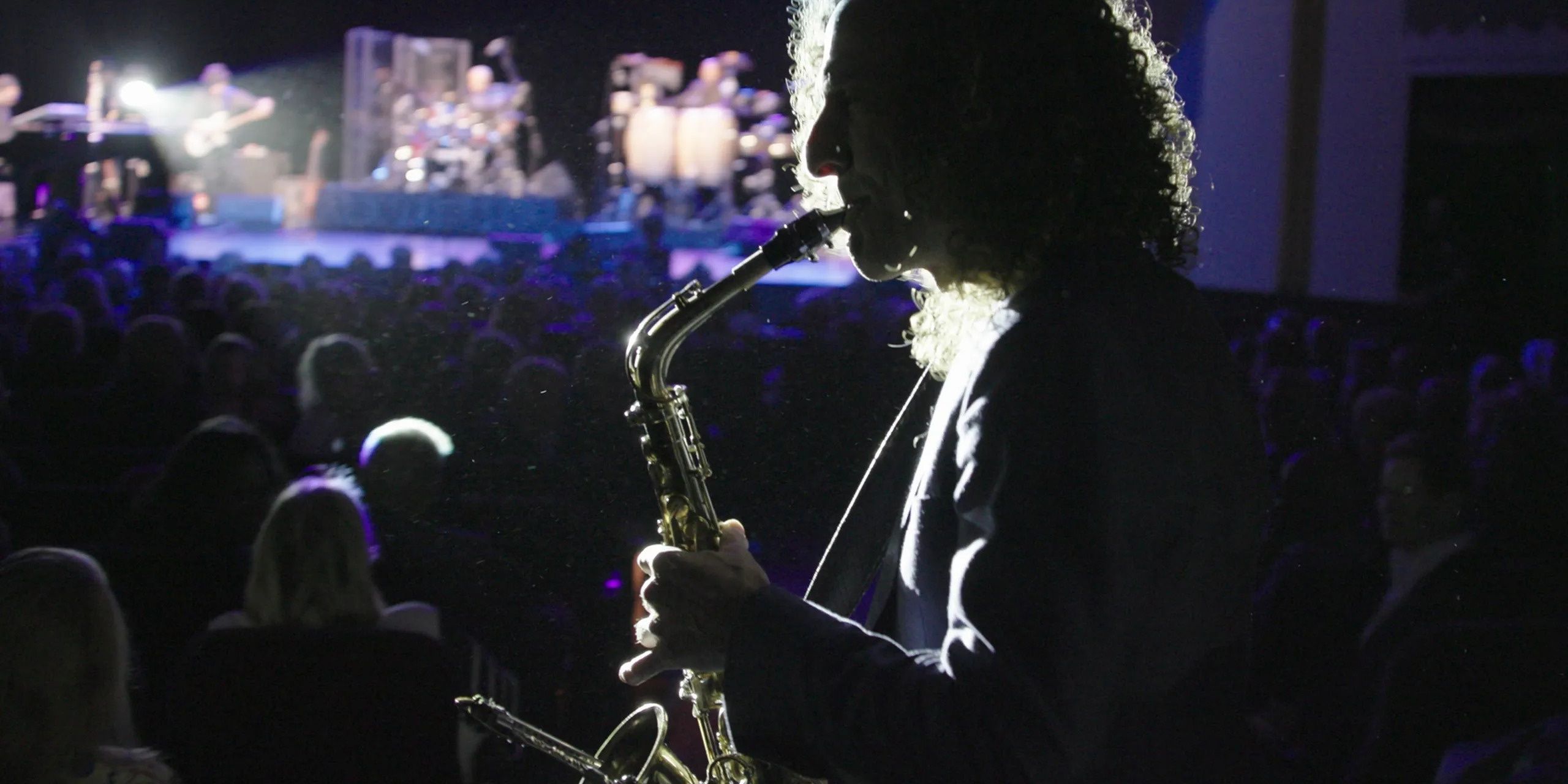It’s no secret that women are massively underrepresented in film. Like so many other fields, the movie industry has been predominantly open to men, while women have often been dismissed as incapable of the traditionally male position. Luckily this antiquated mindset is slowly but surely turning around, as 2021 was a record year for women in movies.
The gender gap is far less pronounced in the world of documentary filmmaking. Studies show that women are much better represented in almost every role on non-fiction projects. Documentaries are far cheaper than narrative fiction, so more producers are willing to fund smaller, women-directed documentaries, thinking of them as a safe bet. Documentaries are typically not as beholden to the nightmarish bureaucracy and limiting checklists of major studios so those female documentarians can tackle subjects often ignored by mainstream cinema.
You’ve almost certainly seen or heard of Blackfish, Free Solo, Knock Down the House, and many other great documentaries by women. If you need more, plenty are out there for your viewing pleasure.
‘13th’ (2016) — Directed by Ava DuVernay
The USA accounts for roughly 5% of the world’s population, yet it houses 25% of the Earth’s prison population.
13th is by far and away Ava DuVernays’ best and most important film. It’s a scathing indictment of the history of Black repression and the echoes of slavery still affecting modern-day Americans. This eye-opening doco examines lynchings, Jim Crow laws, redlining, voting restrictions, the war on drugs, the prison industrial complex, and gerrymandering, basically all desperate ploys by those in power to keep the spirit of slavery alive. DuVernay takes no prisoners as she and her interviewees tear apart the “Mythology of Black Criminality,” the media's complicity, and neoliberalism's abject failure to reform racist institutions. It also explores how “States Rights” is a dog whistle to keep minorities down, something to keep in mind in the current moment where “States Rights” is being used as an excuse to take away people’s freedoms.
If all this sounds heavy, that’s because it is. But even with its depressing subject matter, it’s not a miserable slog to sit through. An invaluable asset of 13th is the simplicity of its message and the clear and concise way it gets its points across. The hidden hero of 13th’s success is editor Spencer Averick, art director Leanna Dare, and the graphic designers at ‘Elastic”. It also features kick-ass music by Killer Mike, Dead Prez, and Public Enemy. It’s an infuriating flick that should be essential viewing for anyone who cares about equality and social change.
‘Jesus Camp’ (2006) — Directed by Rachel Grady & Heidi Ewing
From one maddening critique of bigotry to another, Jesus Camp documents the epidemic of far-right militant Christians grooming children to worship conservative politicians, despise Harry Potter, hate gay people, and fight tooth and nail against the right to an abortion. Jesus Camp is an exposé of a Pentecostal pastor, Becky Fischer, and her 3-week summer camp designed to radicalize children.
Fischer claims to be non-partisan, yet she consistently pushes extreme views on impressionable kids, exploiting their fear of eternal damnation. She lectures on how much President Bush has encouraged them because “[Bush is] blatantly open about his faith in God” and constantly stresses the importance of exploiting kids as political tools for her cause: “They are so usable in Christianity!” It’s petrifying to see children regurgitate nonsensical talking points hammered into them by fanatical adults.
Given the resurgence of the religious right in recent years, Jesus Camp is as relevant as ever. Co-Directors Rachel Grady and Heidi Ewing (Love Fraud, One of Us) are fiercely critical of politicians and community leaders who justify their abhorrent behavior by hiding behind the Bible. The entire cult-like experience is nauseating, further exacerbated by the knowledge that this brand of bigoted, anti-science fundamentalism is still a monumental problem in the US today. For an equally infuriating experience directed by a woman (Kristine Stolakis), seek out Pray Away on Netflix.
‘Athlete A’ (2020) — Directed by Bonni Cohen & Jon Shenk
Following the flurry of disturbing revelations that the #MeToo movement uncovered, documentaries about abusers and predators hiding in plain sight have become increasingly common. Surviving R. Kelly, Jimmy Saville: A British Horror Story and Secrets of Playboy are merely the tip of the iceberg of recent docos examining why society so often turns a blind eye to victims, particularly women and children. Athlete A is about the abuse inflicted on dozens, possibly hundreds, underage girls who were part of the national US gymnastics team. The team’s Osteopathic physician, Larry Nassar, was sentenced to life in prison in 2017 for his unspeakable crimes.
The Best Sports Documentaries on Netflix
Like so many of these tragic stories, there were obvious warning signs for years about Nassar, but his victims were often pressured into not speaking up or simply dismissed as faking it. Co-directed by Bonni Cohen and John Shenk, Athlete A rightly focuses on the victims and their struggles, feeling powerless to stop an abuser from preying on young women. For another similarly themed documentary about a trusted mentor who preyed on young women, watch Bikram, Yogi, Guru, Predator, a film directed by Eva Orner.
‘Ascension’ (2021) — Directed by Jessica Kingdon
Ascension is the debut feature from Jessica Kingdon and a unique one at that. There is no narrative or talking-head interviews in Ascension, merely a collection of shots illustrating Chinese workers in various jobs, chasing the fabled “Chinese Dream.” Expository shots illuminate the work process of everyone, from factory assemblers to social media influencers. It’s a meditative experience initially, but an overwhelming sense of dread and anxiety sinks in soon. The workers in Ascension go about the same menial tasks day in and out. Like starting a new job, it’s fascinating at first, but after increased exposure, the novelty wears off, and you’re stuck watching the same repetitive work over and over again.
Though there’s no commentary, unless you count the almost dystopian music by Dan Deacon, the result is a vicious criticism of capitalism. By holding on to long-shots of employees creating useless knick-knacks, Ascension makes the watchers aware of how much frivolous waste is created by manufacturing industries and how meaningless so many jobs are. Ascension proves that despite how different their governments and economies are, China’s work culture is not much different from the United States.
‘Evil Genius: The True Story of America’s Most Diabolical Bank Heist’ (2018) — Directed by Barbara Schroeder & Trey Borzilleri
When Making a Murderer and The Jinx blasted onto screens in 2015, their ground-breaking success left an indelible mark on the streaming landscape. Hundreds of true-crime documentaries were greenlit and relentlessly spammed onto the public and still are to this day. Evil Genius is the best of them. Written and co-directed by Barbara Schroeder, Evil Genius dissects the infamous “Pizza Bomber” case that took place in Pennsylvania in 2003. Don't look up the case before watching this mini-series. The real-life events are so absurd that The Coen Brothers might have as well conjured them up.
Where so many true-crime series stretch their run time to excruciating lengths, Evil Genius is a tight four episodes. Each episode is necessary and wastes no time immersing you in the storyline. It’s funny, mind-blowing, creatively communicated, and appropriately nerve-racking. It has everything one could dream of from a true-crime documentary.
‘Citizenfour’ (2014) — Directed by Laura Poitras
If there were a list of essential documentaries that all Americans desperately needed to see, Citizenfour would be at the top of it. Citizenfour is an indispensable piece of modern American history. Viewers get to be a fly on the wall during the days when Edward Snowden exposed widespread institutional wire-tapping conducted by the US government.
Imagine if there was a documentary crew inside Nixon’s White House, filming while the Watergate scandal was breaking, or if a time traveler went back and recorded the Lincoln assassination. The tension in the hotel room, where Snowden is hiding, is palpable. Every second will have you on the edge of your seat. Laura Poitras once again proves she’s one of the most important filmmakers alive. Her movies expose corruption, speak truth to power, and give a voice to those often silenced by authority.
‘Listening to Kenny G’ (2021) — Directed by Penny Lane
Penny Lane is one of the best documentarians going around. Her greatest strength is tackling quirky, unique subjects and imbuing them with a sense of universality. Her subject for this project is the (in)famous jazz musician Kenny G and the controversial place he inhabits in musical history. You may be thinking, “ugh, Kenny G, that guy who makes lame elevator music?” Well, that’s precisely the mindset Penny Lane explores in Listening to a Kenny G. Kenny G is the highest-selling instrumentalist in history. Yet, he’s often dismissed as a hack who only makes easy-going, safe music most often found playing in department stores or waiting rooms.
Lane interviews Kenny G’s detractors, fans, colleagues, and the G-man himself. Whether you like his music or not, Kenny comes across as a likable, hardworking guy who undoubtedly has passion and respect for music. A fascinating but minor part of the documentary explores the fact that Kenny G, a white man, is the highest-selling artist in a genre built by people of color. It’s a film that reminds you that everyone has their own story, and no matter what you think of someone’s art, you can’t define their personality, motivation, or disposition by merely listening to a handful of songs. Penny Lane begs you not to judge a book by its cover and never write someone off too soon.

